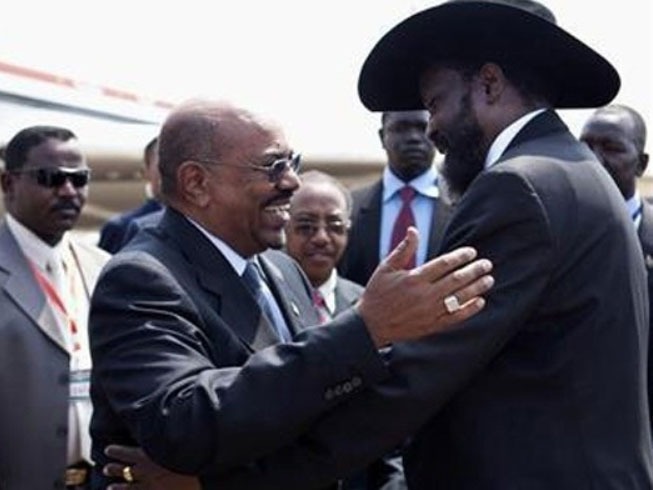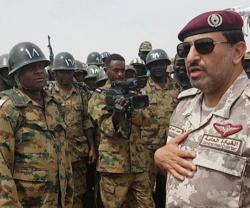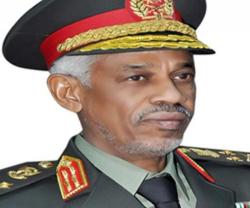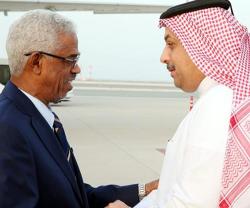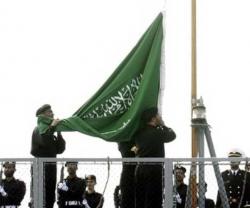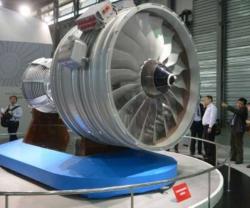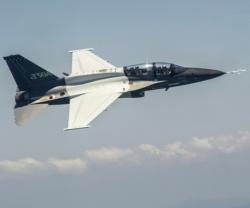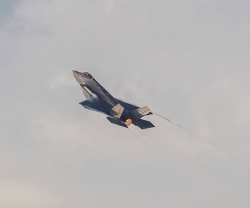Leaders of Sudan and South Sudan are due to meet Friday in the Ethiopian capital to push for progress on stalled economic, oil and security deals that were drafted to ease tension between the former civil war foes.
The meeting between Sudanese President Omar al-Bashir and his Southern counterpart Salva Kiir comes despite accusations from Juba on Thursday that Khartoum had launched aerial and ground attacks inside South Sudan.
Southern Army Spokesman Philip Aguer told AFP news agency that Sudanese troops had struck inside South Sudan on Wednesday, just as aircraft were bombing the South's remote north Raja region of Western Bahr el-Ghazal state.
“They attacked on Wednesday, and the fighting continued until late in the afternoon,” he said, adding that the number of casualties had not been confirmed.
Meanwhile, both leaders have signed agreements at a meeting in the Ethiopian capital in September to resume oil exports and secure the volatile border, but sharing deep mistrust after fighting one of Africa's longest civil wars, neither country has implemented the deals.
Both countries badly need the oil exports, for which Juba has to pay Khartoum millions of dollars. But analysts say they also need the confrontation with the other side to shore up domestic legitimacy and divert attention from their crumbling economies and widespread corruption.
The African Union, backed by Western powers, urged them to hold Friday's talks to try again to reach a deal.
Sudan's state news agency SUNA said late on Thursday Bashir would meet Kiir to discuss “speeding up” implementing the September deals. Kiir said in a speech on New Year's Eve the South was ready to withdraw its troops.
But Diplomats remain skeptical of a quick breakthrough because both countries have a history of signing and then not implementing the agreements.
Since April's flare up, the worst violence since South Sudan seceded in 2011 after a 2005 peace deal ending the civil war, they have pulled back their armies from the almost 2,000 km (1,200 miles) border, much of which is disputed.
Both sides say such a buffer zone is necessary before oil from the landlocked South can flow through Sudanese territory. Juba shut down its entire output of 350,000 barrels a year ago after failing to agree on an export fee.
Source: Al Arabiya; AFP; SUNA; Photo: Reuters

